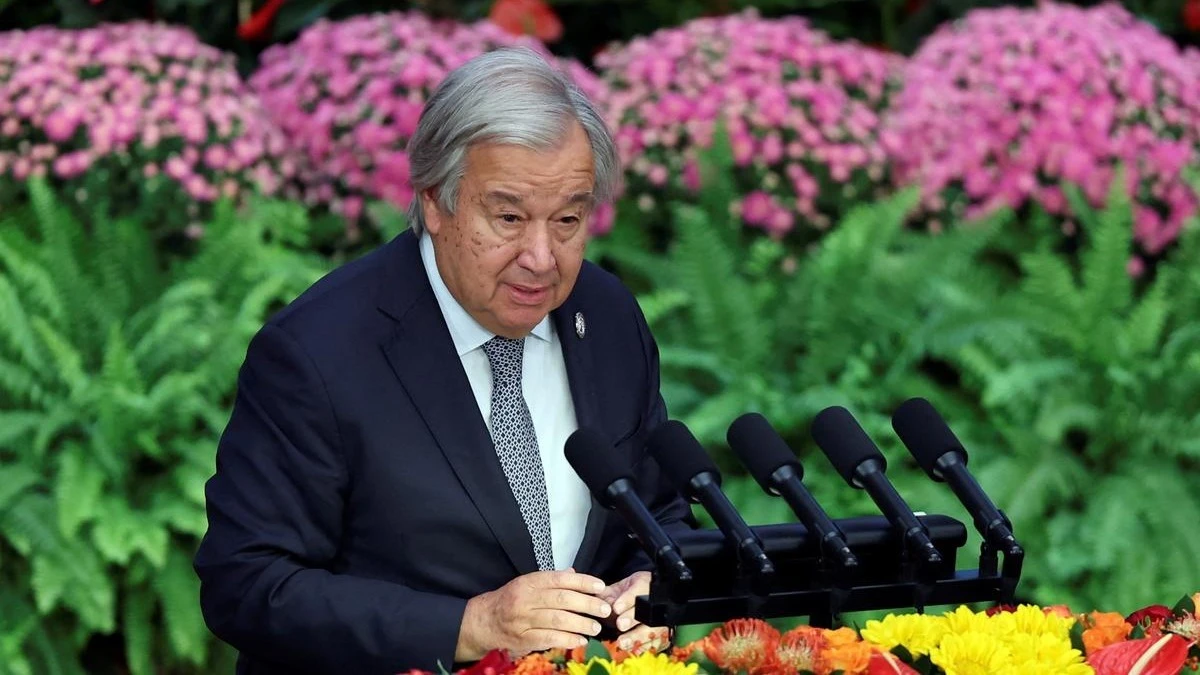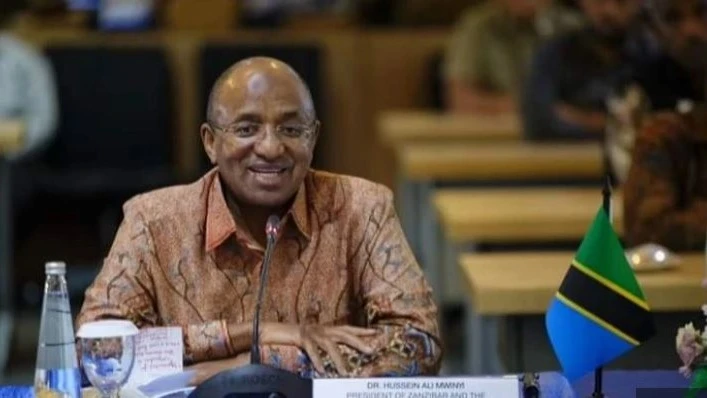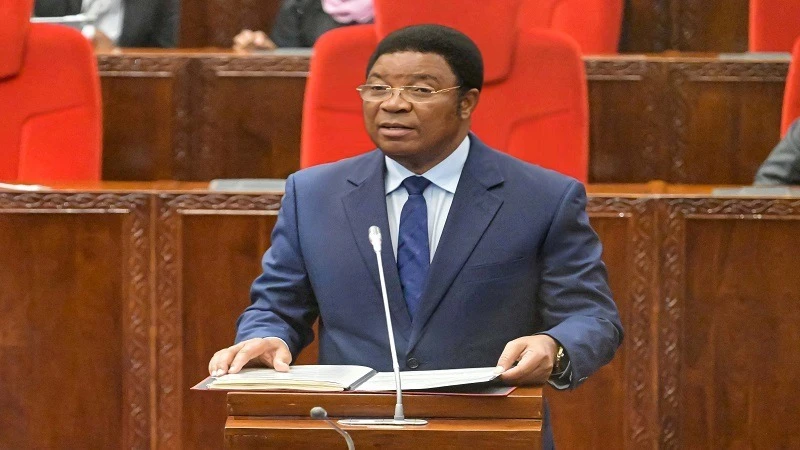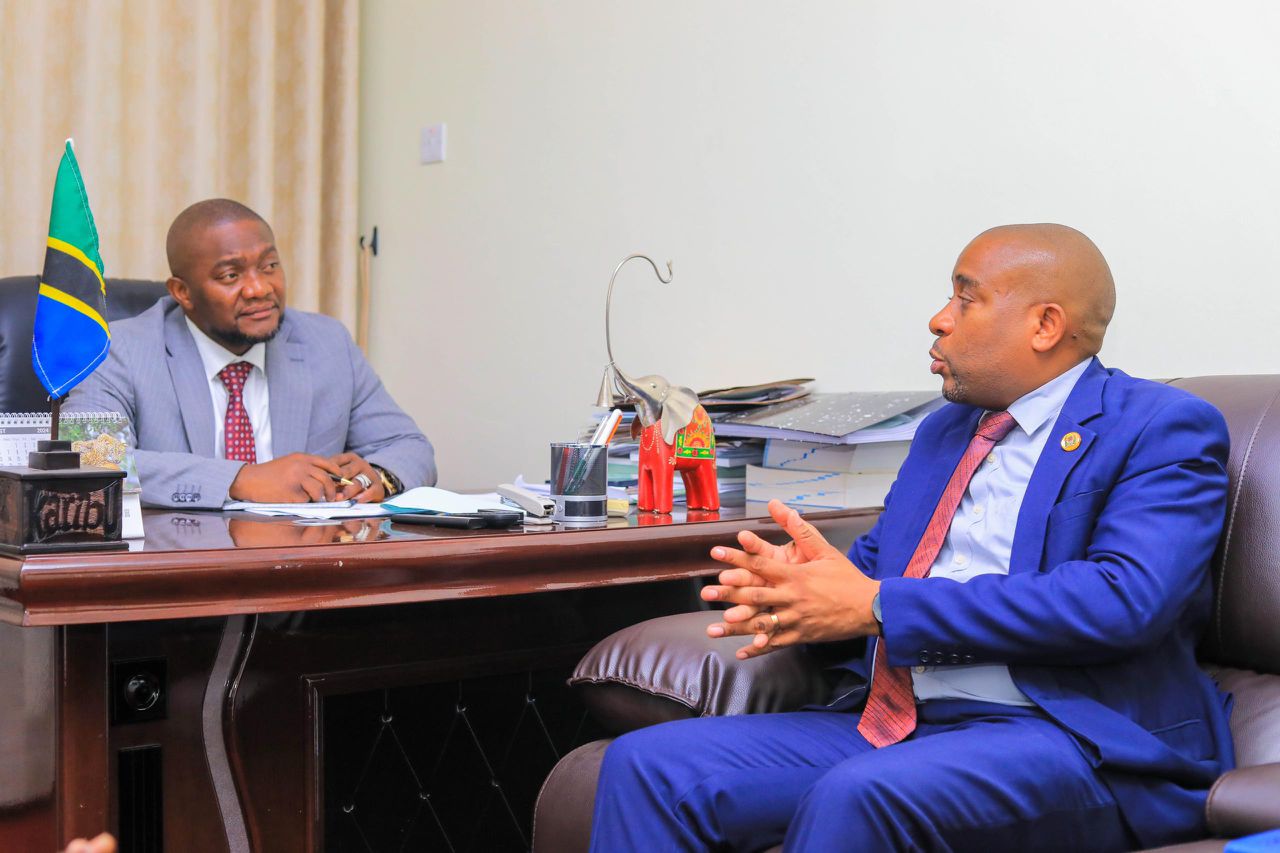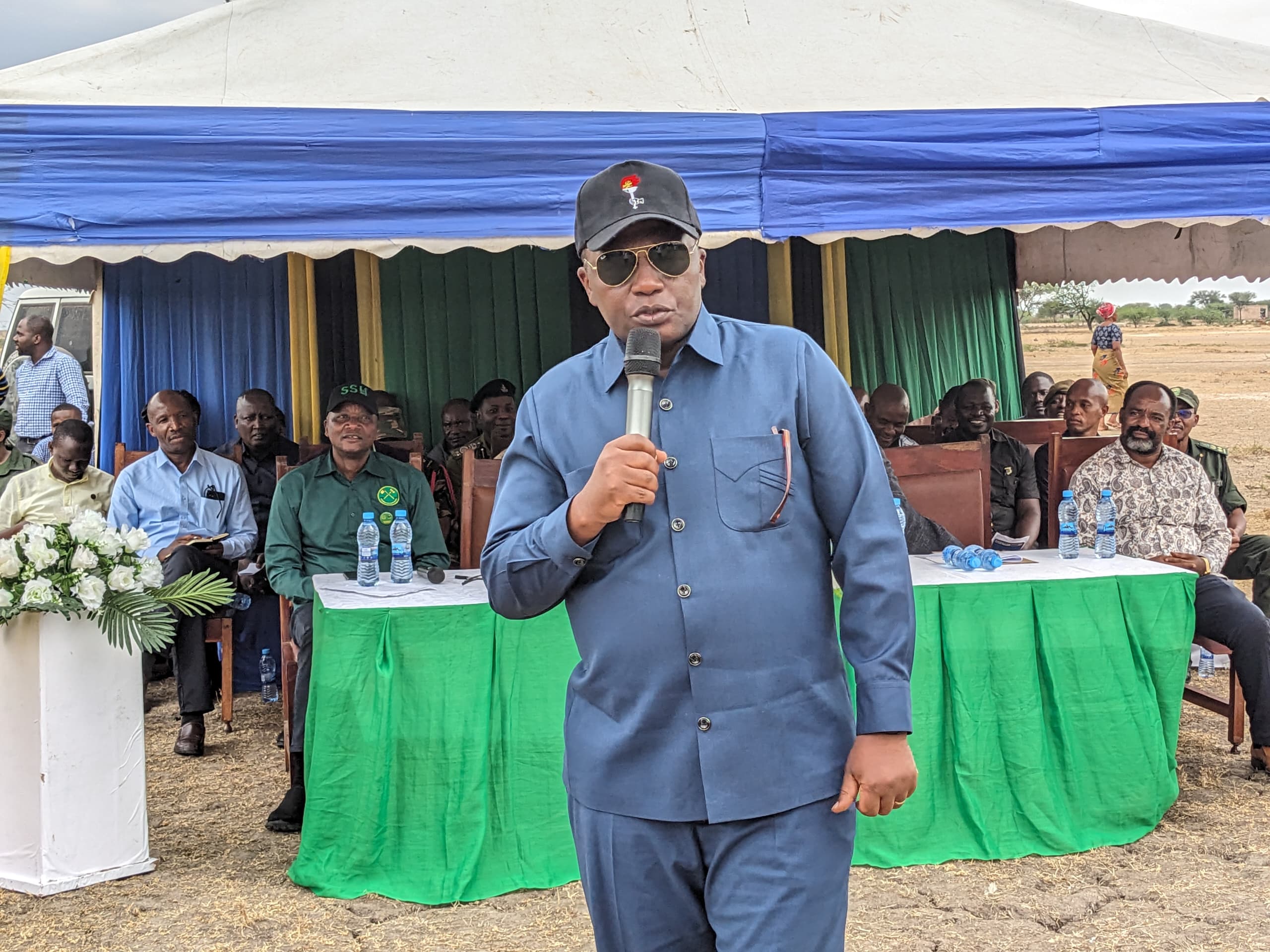Ministry seeks blueprint to attract education investors

A reduced blueprint for the education sector is set to be formulated to attract more private-sector investments, the government has announced.
Prof Adolf Mkenda, the Education, Science and Technology minister, sketched out this intention here yesterday at a meeting with private sector stakeholders in education, explaining that the purpose is to attract more private investors in education.
“It is the government’s commitment to what is possible, mobilizing resources within the private sector to improve education, and thus the document will provide a roadmap to realise this objective,” he said.
Private investors in the education sector can solve several ever-existing challenges, he said, noting that the document is to be prepared after thorough consultations with various stakeholders, aiming at harmonizing taxes, levies and other matters facing private education investments.
The blueprint framework is a carryover from a policy document set out to guide the former Ministry of Industry, Trade and Investment, in publishing the blueprint for regulatory reforms to improve the business environment.
The blueprint was designed to provide the government with the proper framework for a holistic view of a business-enabling environment (BEE) that is vital to improve the country’s business climate.
The minister noted that the envisioned education document will be anchored in a similar framework to improve education investments at a time when private school investors have raised complaints against multiple taxes imposed by the Tanzania Revenue Authority (TRA).
The Tanzania Association of Managers and Owners of Non-Government Schools and Colleges (TAMONGSCO) complains of being taxed despite various tax exemptions issued by the government that ought to refer to educational activity as such.
The stakeholder association says that section 64(8) of the income tax specifies that upon obtaining a charitable status ruling (CSR) from the commissioner of domestic revenues all education providers are exempted from specific forms of taxation.
Private schools are at present required to pay more than 10 taxes including property, land, corporation, value-added tax (VAT), local government, work permit and Occupational Safety and Health Administration (OSHA), the stakeholders say.
The minister said TRA has received complaints from private investors in education and is working on them, noting that in the meantime the school owners and operators are required by law to pay the taxes accordingly.
Private school owners have time and again stated that the revenue authorities hesitate to provide them with the Taxpayer Identification Number (TIN) and charitable status under the schools’ names. TRA insists on issuing TIN and charity status to owners as such, implying that schools are taxed as businesses
School owners have also urged the government to scrap work permit fees imposed on teachers from within the East Africa Community member states, when they have a teaching license from the Ministry of Education and Vocational Training of any partner state.
It is therefore expected once the blueprint comes into use, some of the concerns will be addressed amicably, based on remarks by the minister, directing the permanent secretary to start working on the subject.
Top Headlines
© 2024 IPPMEDIA.COM. ALL RIGHTS RESERVED









![The CEO of Flightlink Limited Mr. Munawer Dhirani and DTB Tanzania CEO, Mr. Ravneet Chowdhury [center] during the unveiling ceremony of the 72-seater ATR 500 aircraft over the weekend. Other officials present at the function are Chief Operating Officer.](https://ippmedia.com/storage/post-feature-images/01J75Y6DM8PY93SGFZD4GYPXJ4.webp )

